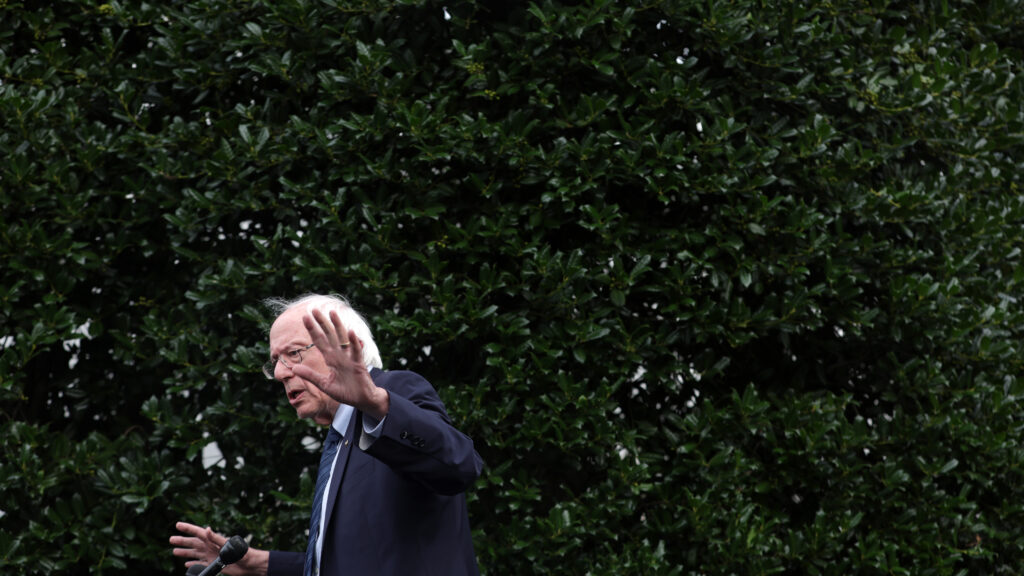WASHINGTON — A new, bipartisan deal in the Senate to fund primary care programs also includes new policies to restrain hospital costs, including a ban on some facility fees and restrictions on anticompetitive contracting practices.
The package, negotiated between Senate health committee Chair Bernie Sanders (I-Vt.) and Sen. Roger Marshall (R-Kan.), is urgent because it includes funding for community health centers that is set to expire at the end of the month. The package would provide the health centers with three years of funding, compared with a House package that proposed two years.
advertisement
The bill’s path to passage is also complicated because the lead Republican on the Senate health committee, Sen. Bill Cassidy (R-La.), said he doesn’t support the package.
“Days before programs expire, a new unfinished and haphazardly drafted proposal was offered to be voted on within a week. The new bill lacks full Hyde [Amendment] protections and drastically increases spending without a plan to pay for it,” Cassidy said, referring to a provision that prohibits federal funds from being spent on abortions.
The Senate primary care funding package includes reforms to hospital contracting and payment. Under the legislation, hospitals would be banned from charging facility fees for telehealth and appointments where physicians are diagnosing and treating illnesses.
advertisement
Hospitals would also be banned from using anticompetitive contracting practices that prohibit insurers from steering enrollees to certain providers. Senate health committee leaders in the past had considered similar legislation in a ban on surprise medical bills, but the contracting provisions were removed before the measure became law.
The package also provides funding for nutrition services, dental care, mental health care, and capital improvements at community health centers; funding for scholarships and debt forgiveness for medical professionals; new primary care residency slots; and funding for nursing training programs.
Sanders and Marshall mentioned that the package would also be paid for by helping patients access generic drugs and reforming pharmacy benefit managers’ practices. The health committee passed a separate package addressing those issues earlier this year, but none of those provisions was directly included in the package.
The Senate bill also pulls nearly $1 billion from a fund created in the Affordable Care Act to improve the nation’s public health system.
The House in its legislative package providing funding for community health centers proposed equalization of payments between hospital outpatient departments and physician practices for administering medicines.
Cassidy said he supports the House approach.
This article has been updated with comment from Sen. Bill Cassidy (R-La.).

